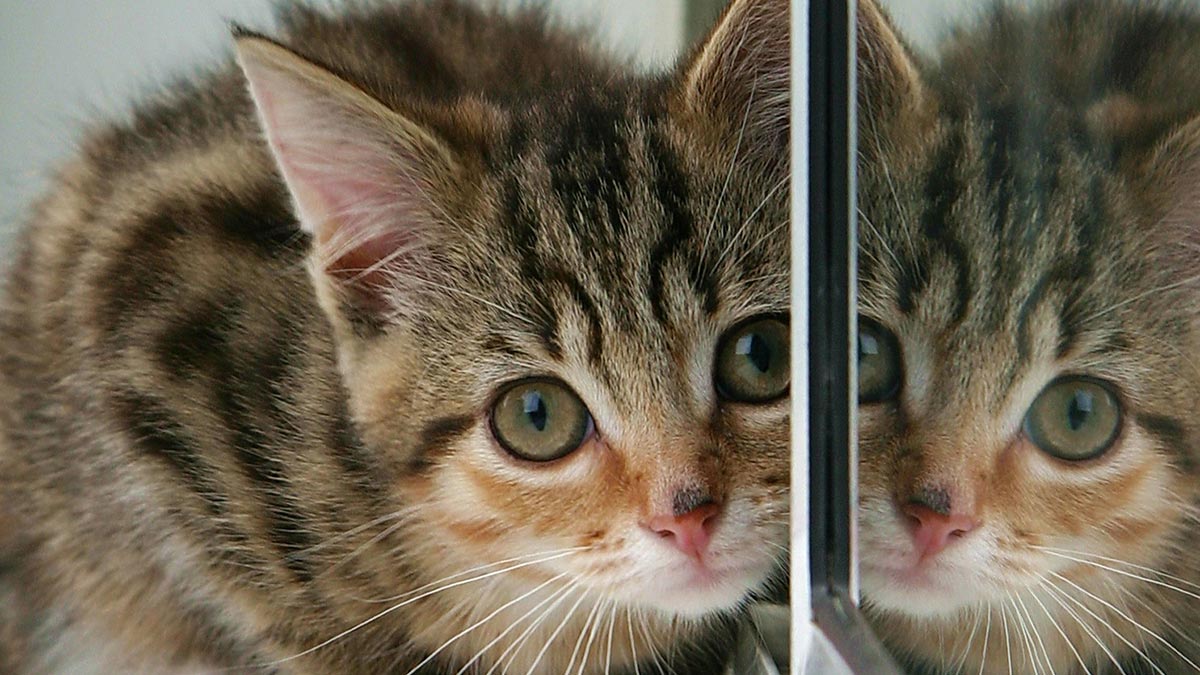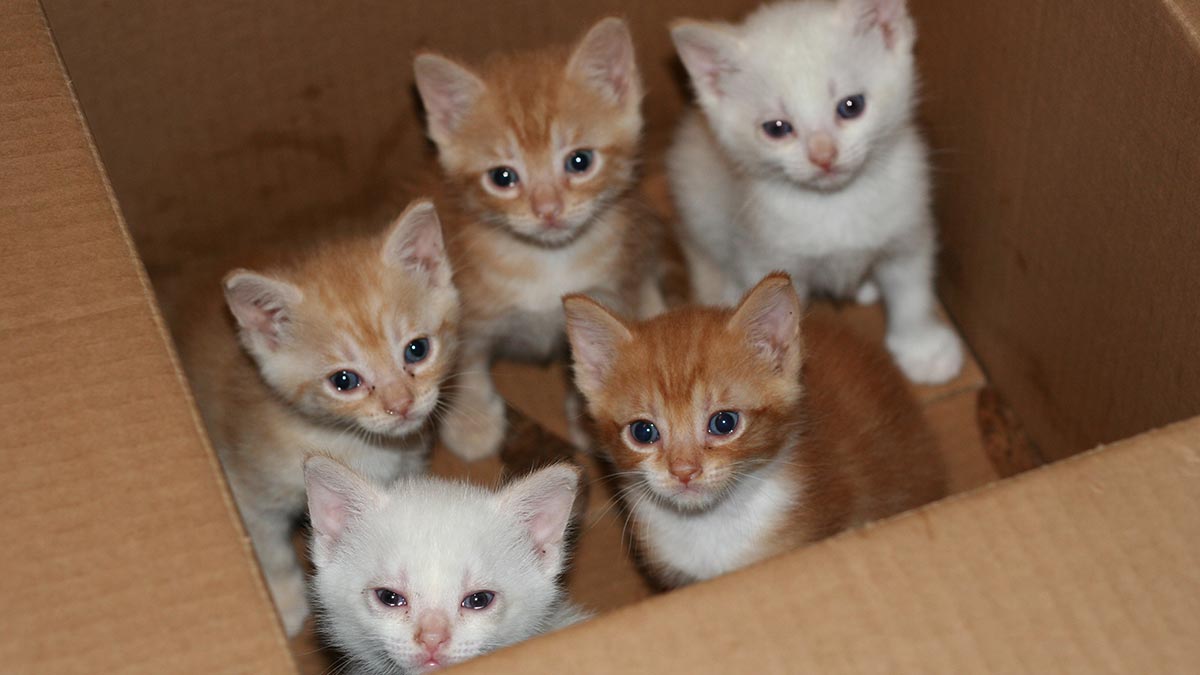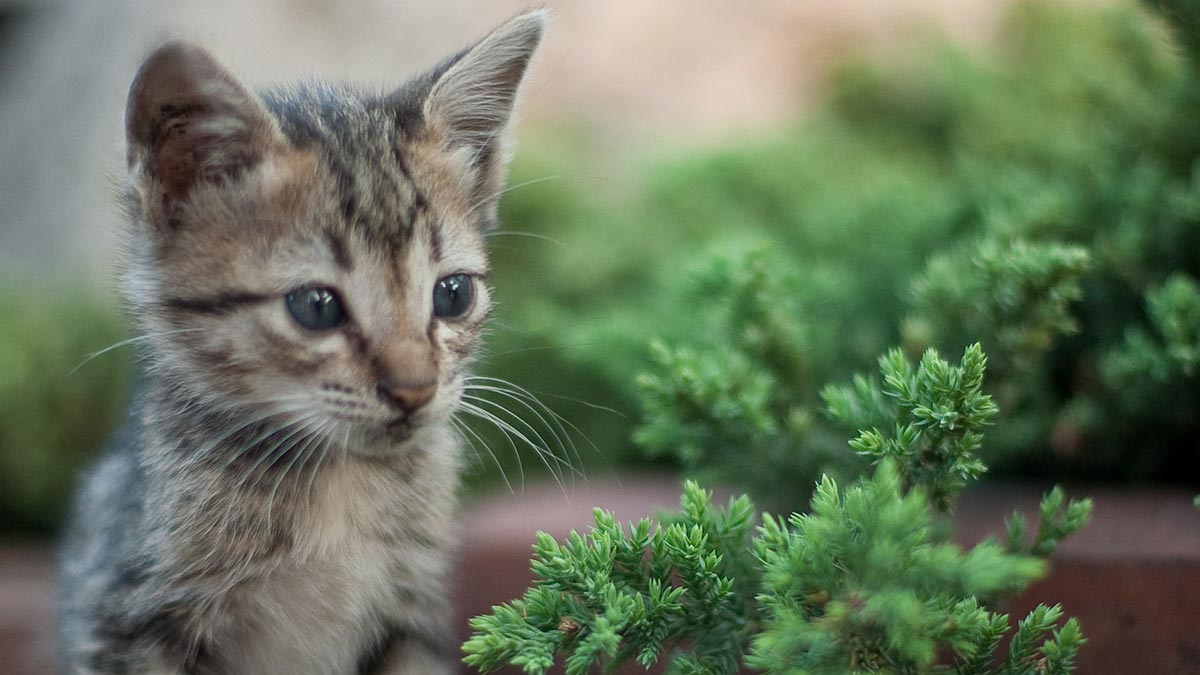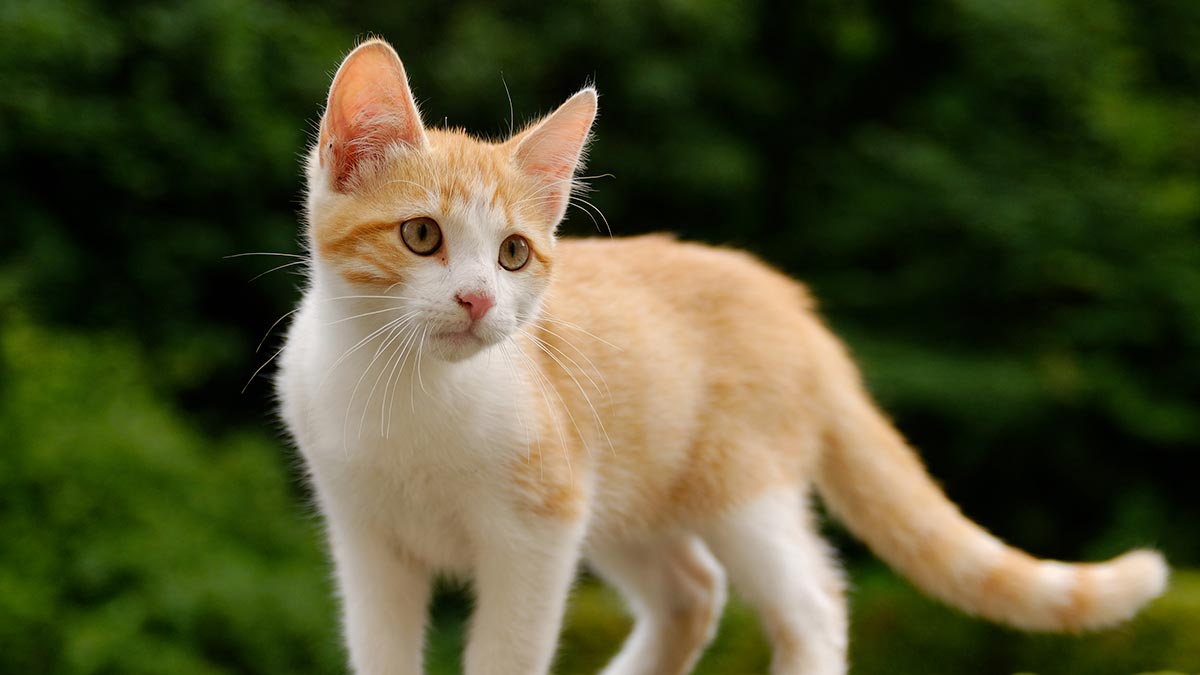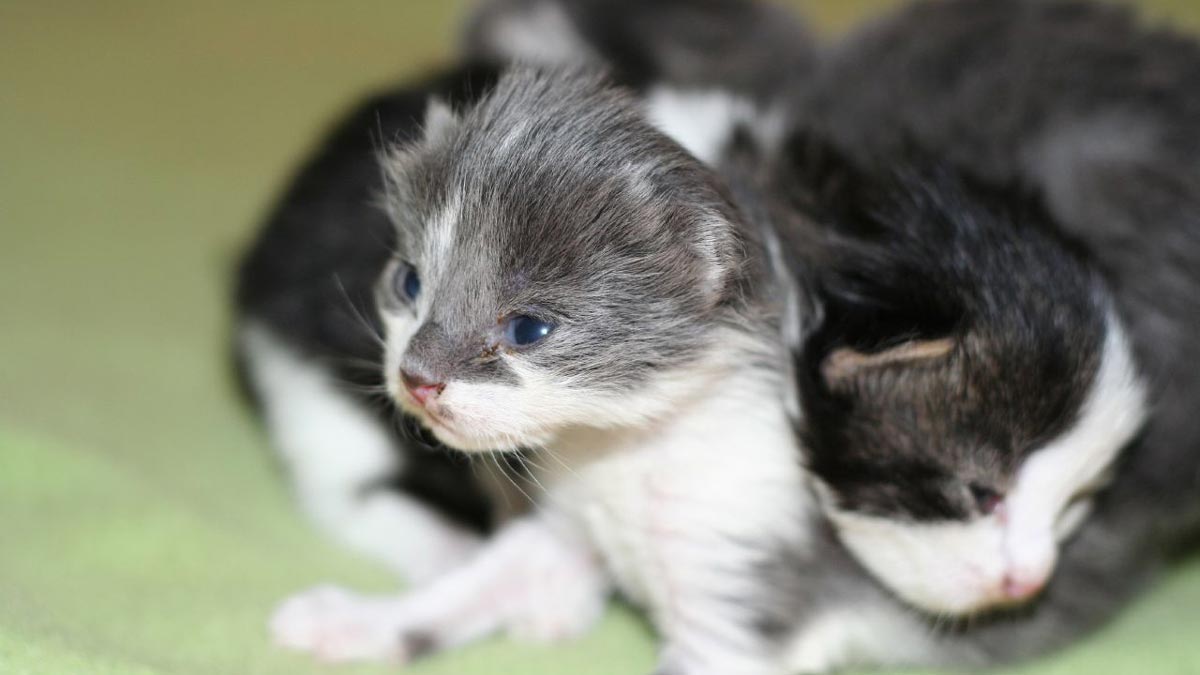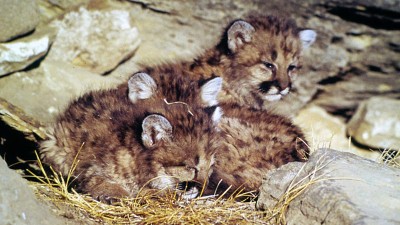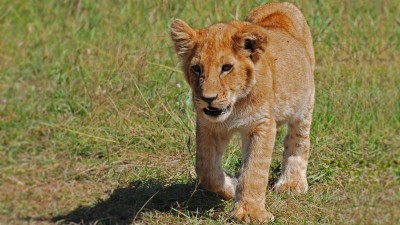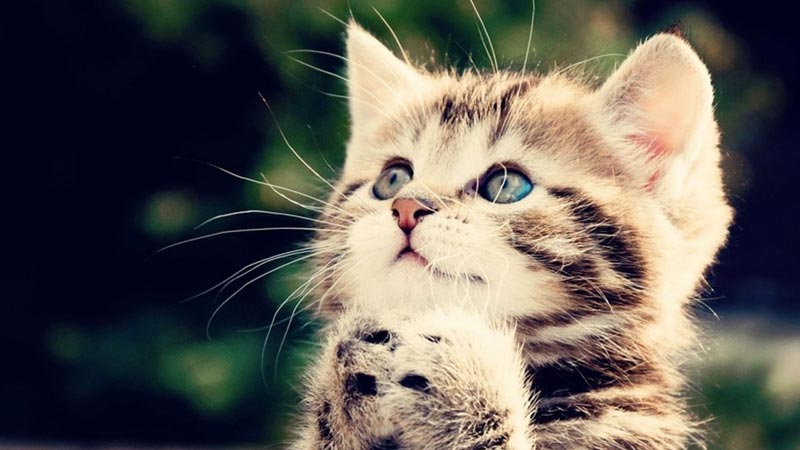
Kittens could be nature’s cutest baby animal! These adorable pets are simple to care for and make great companions.
Photo Gallery
Kittens make wonderful pets that are easy to care for and are perhaps nature’s cutest baby animal!
At birth, kittens weigh as little as two to four ounces, that’s just 0.25–0.50 pounds! They don’t open their eyes until seven to 10 days from birth and their eye sight doesn’t get as good as an adult cat’s until about 10 weeks old.
Kittens are vulnerable from birth, so they rely on their mother to keep them warm and feed them with her milk. As kittens grow they develop strong senses including taste, smell and sight. Mother cats naturally bring prey to the nest so kittens can develop innate skills such as hunting and stalking. Kittens are cared for by their mothers for as little as three months up to sexual maturity, five to 12 months depending on the gender.
Biology
Kittens can hear more sounds than humans; they can hear the sounds that have frequencies of up to 64 kHz! Humans hear typically in the range of 20 Hz to 20 kHz. Another interesting difference between us and kittens are how we sweat. Humans sweat through our skin, while kittens only have sweat glands in the feet. Naturally, their eye sight and sense of smell is much stronger than humans as well.
Social
Kittens develop a friendship with humans very quickly relative to the babies of animals. Kittens are easily trained and adapt well, making it easy to train cats to use litter boxes and play with toys. Kittens love to play games and like to sleep somewhere warm and cozy.
Caring for Kittens
Caring for any pet is a big responsibility. Raise a kitten well and it will become a well-balanced adult cat that will provide you and your family with lots of love.
Kittens can leave their litter at 8 weeks; they don’t need to rely on their mother completely but still need a good relationship. Make sure to have plenty of toys around and are willing to play. Kittens love to run, jump, pounce, roll and chance with excitement.
Follow feeding guideline on food labels for your kitten. A common recommendation is to split the daily portion into three meals; morning, noon and night. This is only a starting point and you should watch your cat to see if they are gaining or losing too much weight.
After meals and playtime place them in the litter box and let them do their business. Giving your kitten a reward after they have done something well is a very good way to train positive behavior.
